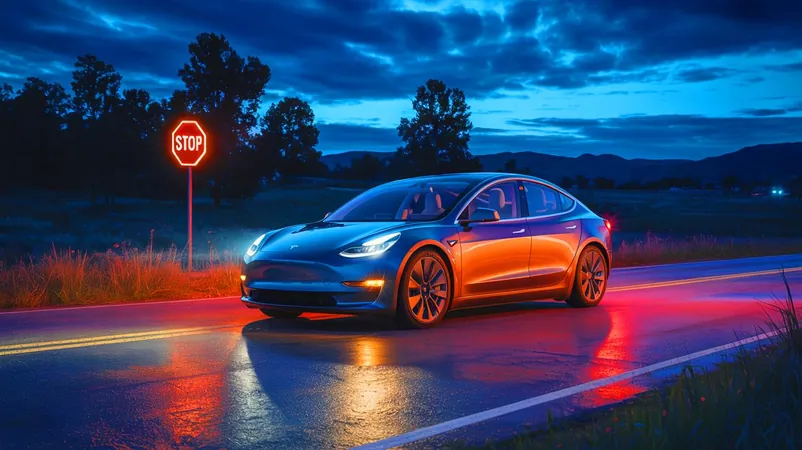
Tesla's $243 Million Setback: Autopilot Blamed for Fatal Crash Sparks Outrage
2025-08-04
Author: Amelia
A Major Ruling in the Autopilot Controversy
In a landmark decision, a federal jury in Miami has determined that Tesla bears partial responsibility for a tragic crash involving its Autopilot system. The incident in 2019 took the life of 22-year-old Naibel Benavides Leon and left her boyfriend with severe injuries. The jury’s ruling includes a staggering $243 million in damages, marking a rare legal defeat for the electric vehicle giant.
Distracted Driving or Faulty Technology?
The fatal accident unfolded on a quiet Key Largo road when George McGee, driving a Tesla Model 3, ran a stop sign and collided with a stationary Chevrolet Tahoe at 62 mph. The impact was catastrophic, throwing Benavides Leon into the woods and leading to her untimely death. Her boyfriend, Dillon Angulo, suffered serious harm, including broken bones and a traumatic brain injury.
During the trial, McGee admitted he had dropped his cell phone and relied heavily on Tesla’s Autopilot. "I trusted the technology too much," he said, insisting that the system would offer warnings and apply brakes if needed. This reliance became a key point as the plaintiffs' attorney, Brett Schreiber, argued Tesla should have limited Autopilot’s use on inappropriate roads and made it disengage when drivers were distracted. "Tesla enabled this reckless behavior," Schreiber claimed, criticizing the company’s misleading branding.
Concealed Evidence and Legal Drama
The trial also uncovered allegations that Tesla had hidden vital crash data. Victims' lawyers accused the company of either withholding or losing critical information, which was eventually retrieved by a forensic expert. Initially, Tesla argued the data was nonexistent but later backtracked when confronted with the evidence. In response to the jury’s decision, Tesla contended that the ruling was incorrect and detrimental to the progress of automotive safety innovations.
Tesla's defense, led by Joel Smith, pinned the blame solely on McGee, presenting evidence of his reckless driving and distractions. Despite their arguments, the case raises significant concerns regarding liability when semi-autonomous systems are involved.
Implications for the Automotive Industry
The jury’s verdict could have substantial effects across the automotive sector, especially for companies venturing into semi-autonomous vehicle technology. As Tesla continues to innovate, the decision brings to light the urgent need for a balance between cutting-edge advancements and consumer safety.
Furthermore, increased scrutiny may come regarding how automakers market their autonomous features. The outcome of this trial underscores the necessity for transparent communication to ensure customers fully grasp the capabilities and limitations of such technologies.
Navigating the Road Ahead
Despite facing this legal challenge, Tesla is unwavering in its pursuit of advancing autonomous vehicle technology. Plans for a driverless taxi service across U.S. cities exemplify the company’s steadfast commitment to innovation. However, this ruling could pressure Tesla to bolster safety measures and enhance transparency.
This case serves as a critical reminder of the intricacies linked with the integration of advanced technology into everyday life. As Tesla responds to the public and legal scrutiny, the automotive industry will be watching how these developments unfold.
A Pivotal Moment for Autonomous Vehicles
The jury’s ruling against Tesla marks a turning point for the future of autonomous vehicle technology. As the automotive sector reflects on the ramifications, one crucial question resonates: How can companies strike a balance between innovation and safety to earn public trust in autonomous systems?
This sweeping verdict reminds us all of the responsibilities that come with technological advancements.
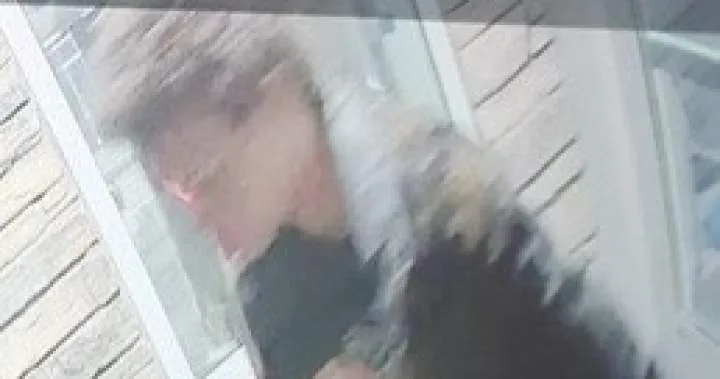
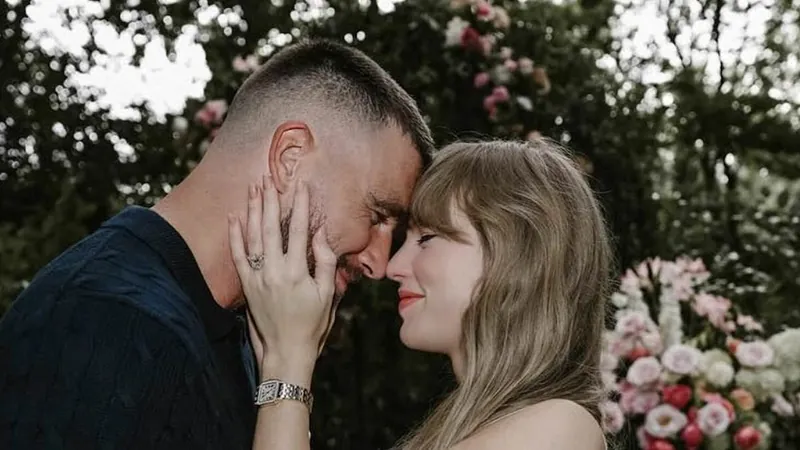

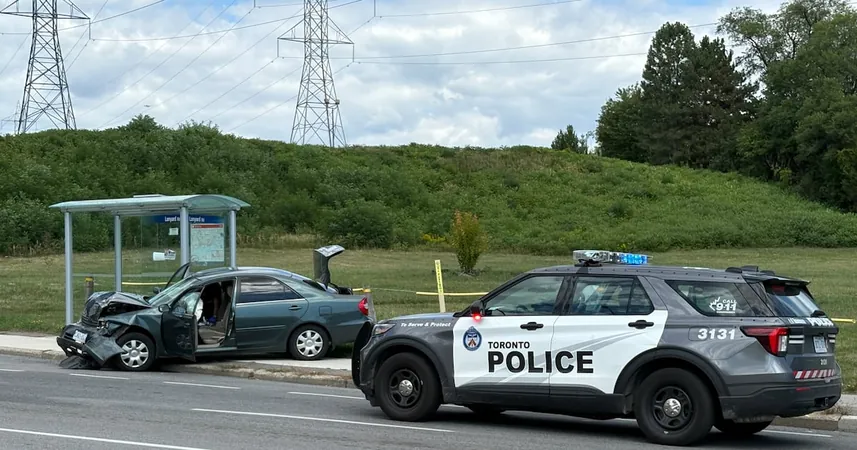
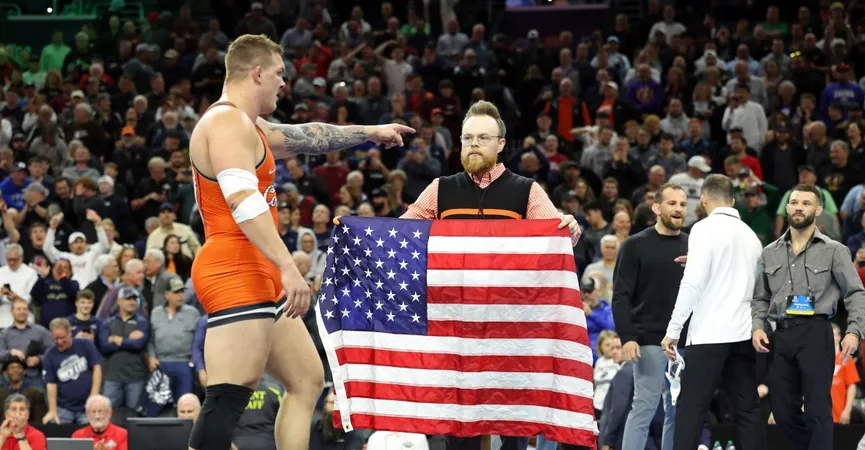


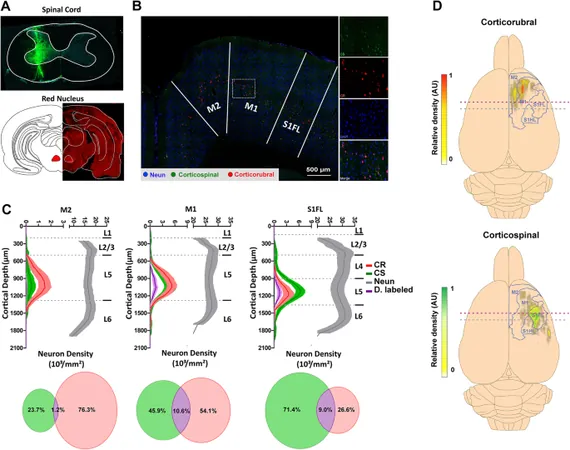
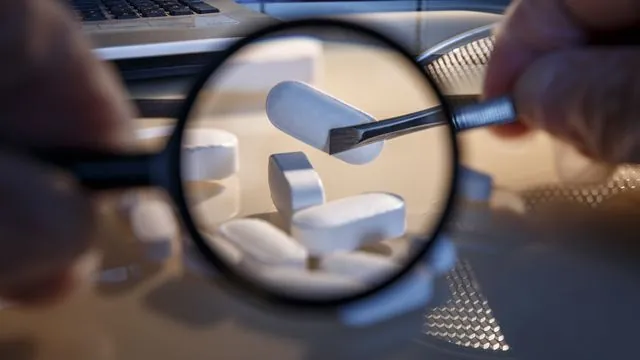
 Brasil (PT)
Brasil (PT)
 Canada (EN)
Canada (EN)
 Chile (ES)
Chile (ES)
 Česko (CS)
Česko (CS)
 대한민국 (KO)
대한민국 (KO)
 España (ES)
España (ES)
 France (FR)
France (FR)
 Hong Kong (EN)
Hong Kong (EN)
 Italia (IT)
Italia (IT)
 日本 (JA)
日本 (JA)
 Magyarország (HU)
Magyarország (HU)
 Norge (NO)
Norge (NO)
 Polska (PL)
Polska (PL)
 Schweiz (DE)
Schweiz (DE)
 Singapore (EN)
Singapore (EN)
 Sverige (SV)
Sverige (SV)
 Suomi (FI)
Suomi (FI)
 Türkiye (TR)
Türkiye (TR)
 الإمارات العربية المتحدة (AR)
الإمارات العربية المتحدة (AR)